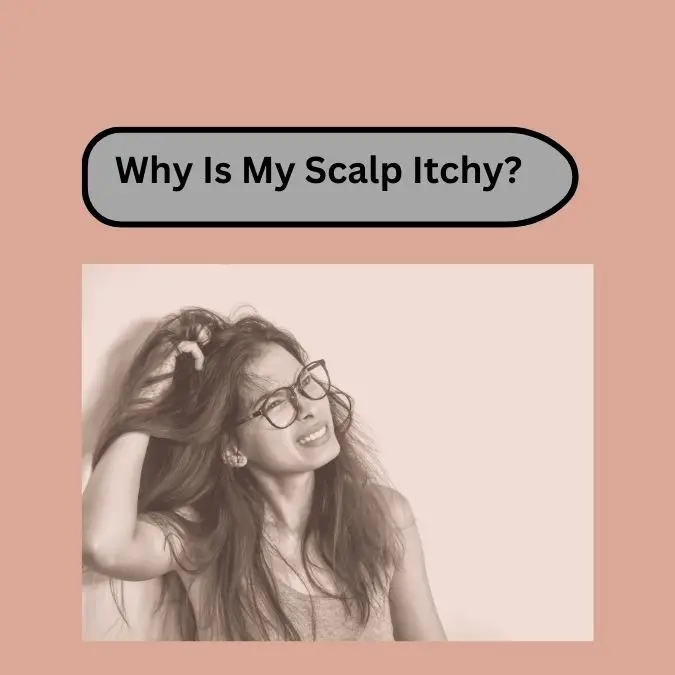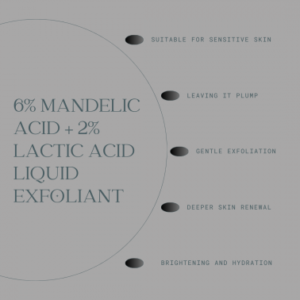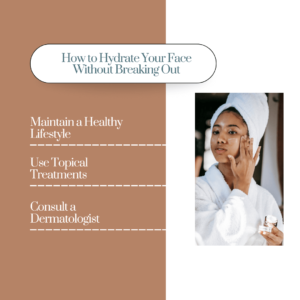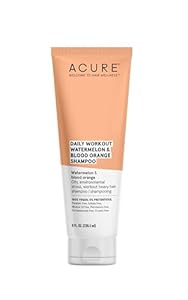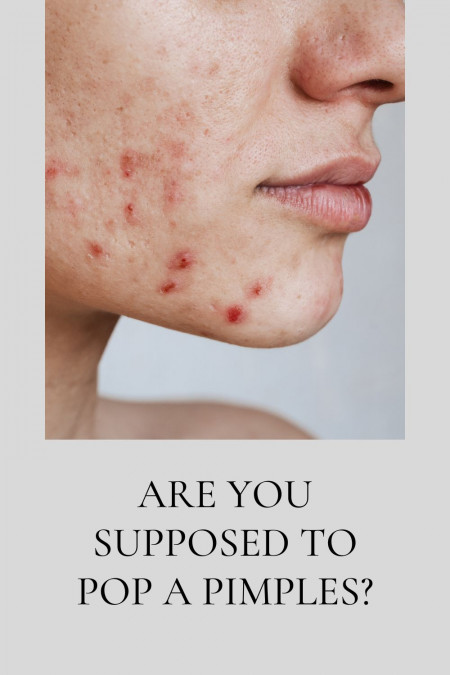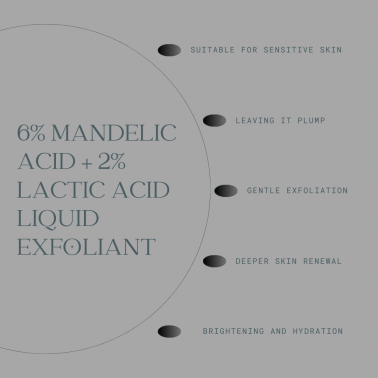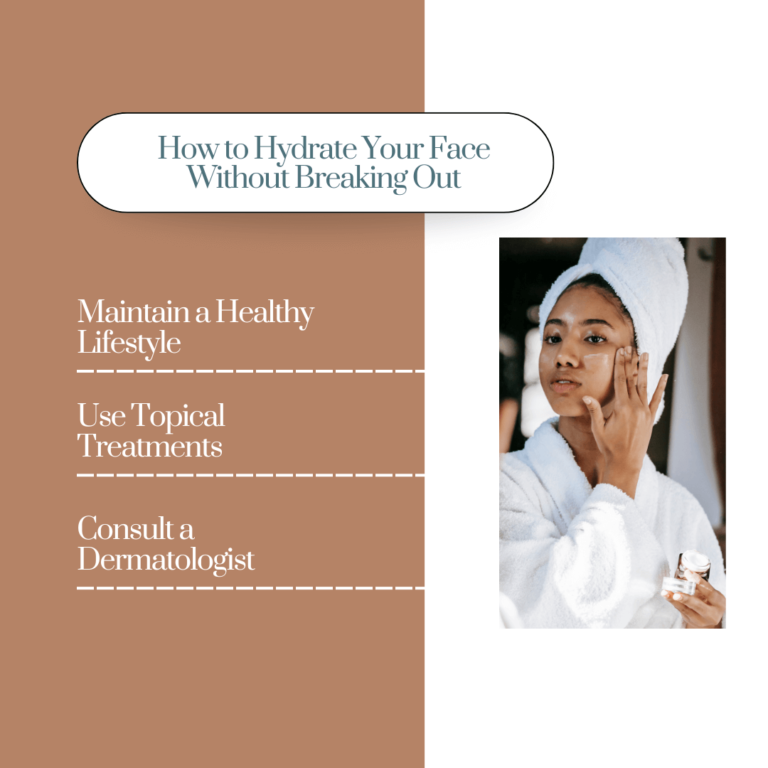Table of Contents
ToggleWhy Is My Scalp Itchy? Exploring Common Causes and Solutions
An itchy scalp can be more than just a disturbance. Whether it’s an irregular irritation or a chronic issue. That is causes is essential to understand the underlying to discovering adequate relief. If you notice itching on your face or body along with your scalp It might be due to an allergic reaction, dry skin, or seborrheic dermatitis.
Sometimes itchy scalp causes stress and anxiety. An itchy scalp may arise from mixed factors. In this blog post, we’ll explore why your scalp might be scratchy, discuss potential treatments, and dive into related issues like dandruff on the face, blading, body itching, etc.
Scalp Ringworm (Tinea Capitis)
Scalp ringworm is a fungal infection. It affects the scalp and hair quickly. It is highly transferable and can spread through direct contact with infected people. If you have Scalp Ringworm Red, scaly patches on the scalp, often in a ring-like pattern. Hair may break off near the scalp. There are small or big bald spots on the scalp.
Dermatologists usually treat ringworm. Antifungal medications are the primary treatment. Topical treatments may be used in conjunction with oral medication.
Allergic Reactions
Allergic reactions on the scalp can happen due to different triggers.
It may be hair care products, dyes, or even certain foods. Most people are affected by anaphylaxis. It is a severe allergic reaction that develops within minutes. The immune system causes inflammation and itching as reacts to these allergens.
Itchy scalp, redness, swelling, and sometimes blisters are signs of Allergic Reactions.
Over-the-counter antihistamines can help reduce the symptoms. If the allergen is related to hair care products. Dermatologists changing to hypoallergenic products is suggested.
Folliculitis
Folliculitis is the inflammation of hair follicles not warms infection. It is usually caused by bacterial or fungal infections. It can occur on any part of the body where hair grows, including the scalp.
A small, red, pus-filled bumps around hair follicles. It can be itchy and painful.
If this is a Benign case may resolve it on their own. Cleaning with the affected area and some mild shampoo and cream. Topical or oral antibiotics may be prescribed.
Lichen Planopilaris
Lichen planopilaris is a periodic inflammatory condition and affects by scalp. Scarring causes patchy hair loss. It is a form of lichen planus that targets weak hair follicles. The signs a red or purple bumps on the scalp. May be permanent hair loss due to follicle collapse.
Corticosteroids, either topical or injected, are commonly used.
Atopic Dermatitis (Eczema)
Atopic dermatitis is a chronic condition that renders the skin to become itchy, dry, and inflamed. It generally affects children but can appear at any age. The Symptoms a red, inflamed, and itchy patches on the scalp. The skin may also become thickened or cracked.
Topical corticosteroids can help reduce inflammation and calcineurin inhibitors.
Psoriasis
Psoriasis is a long-term disorder of the immune system that produces rapid skin cell reproduction and results in thick, silvered skin buildup. When it occurs on the head, especially the scalp it is uncomfortable.
Itchy, red patches on the scalp, accompanied by such features as thick, silvery scales. The condition may extend beyond the hairline to the forehead, back of the neck, or around the ears. Sometimes it appears as a sore spot on the crown of the head.
Treatment options include medicated shampoos containing coal tar or salicylic acid. Phototherapy is another effective option.
Dandruff
Dandruff is probably one of the most widespread skin conditions which manifests itself through the shedding of the skin on the head. It is frequently related to seborrheic dermatitis, which is attributed to the proliferation of a yeast-like fungus. Silver to white or yellowish-white, flaking on the scalp, hair, and shoulder area. The symptoms may include inflammation of the scalp, face, and eyebrows, bread greasy areas of the skin. Sometimes if you’ve been scratching a lot you see small blood spots and large dandruff chunks appear on the scalp. The male hair advice is not only a scalp care but also about finding a solution for the flaky beard especially as dandruff spreads downward.
Dandruff home remedies are tried at home they can affect the early stage of dandruff and a more flaky scalp. Anti-dandruff shampoos containing zinc pyrithione, ketoconazole, selenium sulfide, or salicylic acid are effective.
Hives
These are red, raised, and very itchy bumps that can form anywhere on the body and scalp. Hives may appear and go within a few hours. Sometimes, hives go away and come back. If hives appear and go for longer than 6 weeks, they’re called long-lasting hives. Dermatologists frequently treat hives.
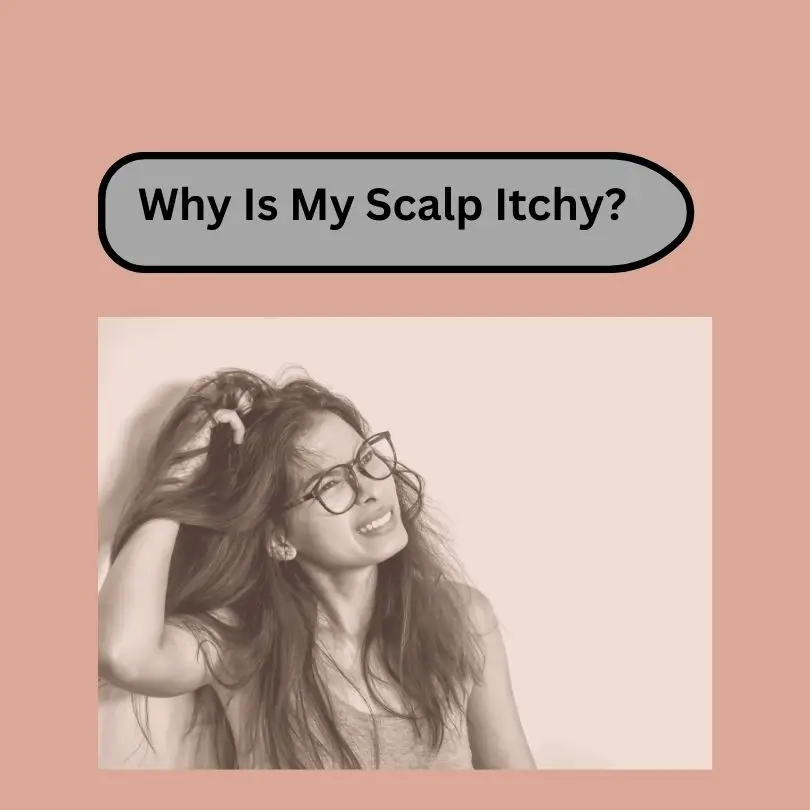
Nerve Problem
Following nerve-related injury or disease, your nerves may alter in a manner that causes you to feel abnormalities. When the nerves that perform the scalp are affected. The altered sensation could be revealed as an itch. Severe hair loss includes scarring, where nerves may be affected. It can lead to an itchy head. Diabetes, brow lifts, and burn-related scars may contribute to neuropathy over the scalp and thus the response is itching over the scalp. Strokes, tumors, and hormonal changes are among the diseases that may lead to an itchy scalp or skin in males and females.
Skin cancer
when skin cancer develops on your scalp. yes, it may be itchy.
A board-certified dermatologist should examine your scalp. This doctor can tell you that you need to be tested for skin cancer or something else may be causing the itch.
Infrequent Hair Washing
Infrequent Hair Washing is another reason for itchy scalp. If you go outside sebum and dirt gather on your scalp. Sebum is an oily essence that stems your skin from drying out. When you wash your hair, sebum and other dirt are washed away. Not washing your hair enough can cause sebum to gather. It’s believed that sebum upsurge and itchy scalp are associated. So avoid overwashing and wash the hair 2-3 times a week.
If you have oily hair scalp itchiness can get extremely severe three days after shampooing. Some hair care products are on the scalp or you may not wash them properly cause of itchy scalp. A higher frequency of shampooing is associated with less itchiness.
Best Shampoos for Itchy Scalp
If you treating an itchy scalp with anti-dandruff shampoo choose the right shampoo.
Head & Shoulders Dry Scalp Care Shampoo:
Head & Shoulders Shampoo is world world-famous shampoo for curing dandruff. Many people who dealing with dandruff and an itchy scalp use it. It contains pyrithione zinc, which targets dandruff-causing yeast. Itchy scalp and dandruff are often problems during pregnancy. If you’re pregnant usually zinc pyrithione is not safe during pregnancy. If you consult with a healthcare provider they tell you the best.
Coal Tar Shampoos:
Coal Tar Shampoos are best for those severe scalp conditions like psoriasis. Coal tar shampoos can help slow the growth of skin cells and reduce scaling.
Ketoconazole Shampoos: This shampoo is prescribed for fungal infections.
These shampoos can help reduce itchiness and inflammation caused by scalp fungi. If you have dandruff and you want to use the shampoo every day consult a doctor.
Remedies for Itchy Scalp and Skin
If you’re looking for more natural remedies or additional treatments, consider the following.
Coconut Oil is the most suitable option for its moisturizing properties. coconut oil can relieve a dry, itchy scalp. It’s also antifungal so it’s good for dandruff and dry scalp.
Tea Tree Oil: It has antifungal and antibacterial properties. It is an effective remedy for an itchy scalp. Mix a few drops with a carrier oil and massage it into your scalp.
Aloe Vera has calming and antibacterial properties. Aloe vera can help calm an inflamed and itchy scalp. Apply pure aloe vera gel to your scalp for immediate relief.
Apple Cider Vinegar balances scalp pH and reduces all types of itchiness. It may also keep pesky scalp infections and help hair growth.
Dry, Itchy Skin in Winter: Winter months can exacerbate dryness and itching for dry skin people. Best Lotion for Dry, Itchy Skin in Winter lotions that contain ingredients like shea butter, glycerin, or ceramides to lock in moisture.
When to Seek Medical Help
While over-the-counter treatments and home remedies can often relieve an itchy scalp. If you have an itchy scalp in the summer and during winter. there are times when medical advice is necessary:
Persistent Itchiness: If your scalp remains itchy despite using dandruff shampoos or other treatments, it might be time to see a dermatologist.
Painful Bumps or Pimples: These could be a sign of folliculitis (inflamed hair follicles) or other infections that require medical treatment.
Seborrheic Dermatitis vs. Psoriasis: Because these conditions can look similar, a dermatologist can help you determine which one you have and the best course of treatment.
Conclusion
These skin conditions of the scalp can be temporary or severe and understanding what they are and how they can be treated will help in this control. In most cases, early diagnosis and prompt treatment should be effective in helping to avoid aggravation of the problem and resultant possibilities, like hair loss that may turn permanent, or the development of infection. If you are struggling with having dandruff-like issues with your scalp, then it is wise to seek medical advice from a dermatologist. While Sinclair’s Better Sex focuses on enhancing intimacy. An itchy scalp is crucial for both physical and emotional well-being, as it can seriously affect your confidence and comfort.
READ MORE: How Often Should You Wash Your Hair? A Comprehensive Guide to All Hair Types
The Ultimate Guide: Hair Care Ingredients to Avoid for Healthier Locks
FAQs
What is a Nighttime Itchy Scalp?
Some people who have dry Scalps feel more dryness at night time. one is lack of moisture can cause dryness. Low humidity and cold environments lead to an itchy scalp especially. Sweat & Dirt Build-Up accumulation after a day can irritate the scalp, even after washing. Some people may be allergic to hair products, pillowcases, or detergents.
Some people say that the Back of their head Itches or their head itchs in one spot at Night be lying on their back can trap sweat, irritating. It could be you have an Itchy Scalp with Bumps on your back head and painful for you. Check with your dermatologist. gentle, hydrating, and pH-balanced shampoo. you must stay hydrated with your body and scalp by drinking water and using leave-in conditioners. you should change pillowcases daily and use cotton pillowcases.
is the a connection between itchy scalp and lice?
How do you stop your scalp from itching from lice? Simply try not to scratch. Scratching can generate sores on the scalp. It can lead to an infection. It may help to anti-ice shampoo and anti-itch cream to calm the itching.
Why Does My Scalp Itch a Day After Washing?
when leftover shampoo or conditioner stays on the scalp can irritation.
Washing too frequently can strip natural oils, causing dryness and itchiness. Sensitivity to hair care ingredients might cause delayed reactions.
How to Stop an Itchy Scalp?
The solution is to avoid harsh Products and choose gentle, sulfate-free shampoos. you can use medicated shampoos like shampoos containing zinc pyrithione, selenium sulfide, or ketoconazole. you can also moisturize and hydrate treatments can be done for you when you feel your scalp is itchy.
Why Is My Scalp So Itchy After Bleaching and Coloring?
Bleaching your hair involves strong chemicals like hydrogen peroxide and strip your hair of its natural pigment. Coloring your hair involves the use of dyes and chemicals that can be harsh on the scalp. An itchy scalp after coloring or bleaching may result from an allergic reaction. Using hair dyes free of ammonia and PPD (paraphenylenediamine), which are known irritants.
Why Is My Scalp So Itchy After Braids?
Braiding your hair tightly can cause tension on your scalp, leading to an itchy sensation. This is especially common if you’ve had the braids installed recently or if the hair extensions are synthetic. It may be due to the tightness. Gently massage your scalp with natural oils like tea tree or peppermint oil.

